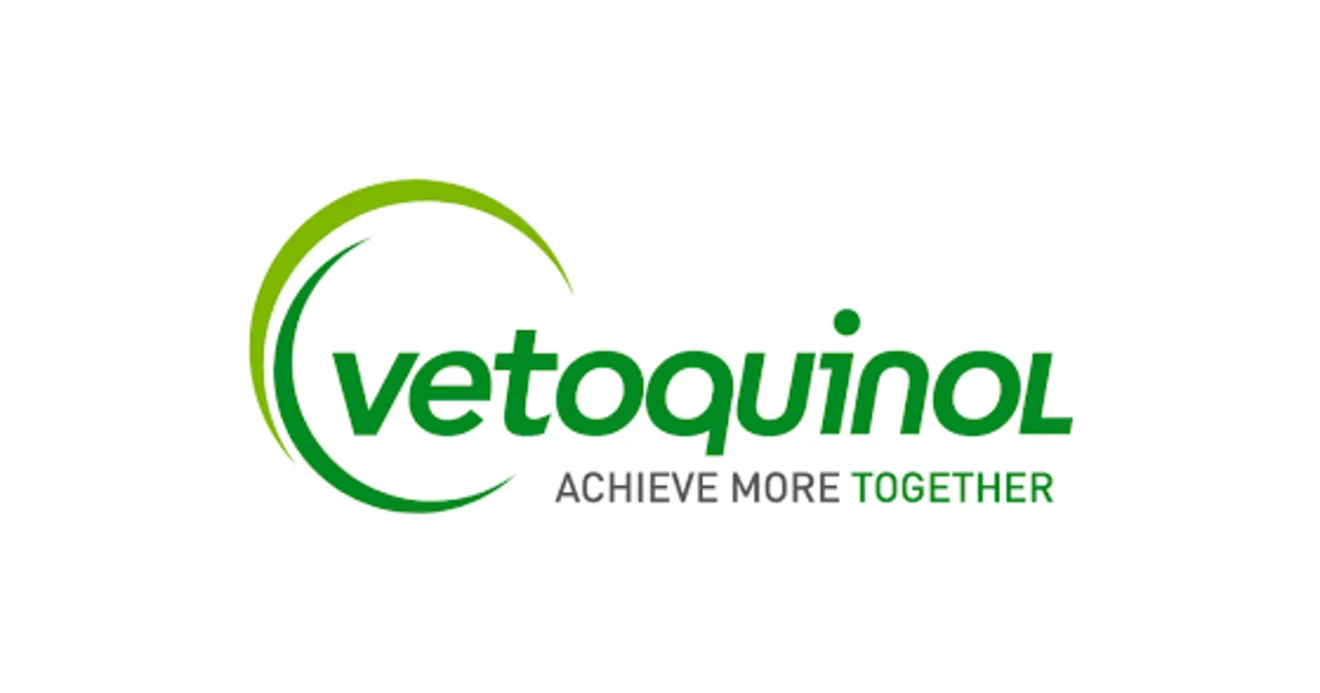Vetoquinol SA
Key Information
HQ:
France
Market Cap:
$1.79bn
Primary Market:
Europe
Business Type:
Pharmaceutical
Company Information
Company Summary
Vetoquinol S.A. is a veterinary pharmaceutical company. It designs, develops, and sells veterinary drugs and non-medicinal products. The company offers pain management, anti-infective, cardiology-nephrology, care and hygiene, behaviour, internal medicine and reproduction-related products for dogs, cats, cattle, and pigs.
Active Projects

Animal Pharmaceuticals Engagement
Antibiotics & Health